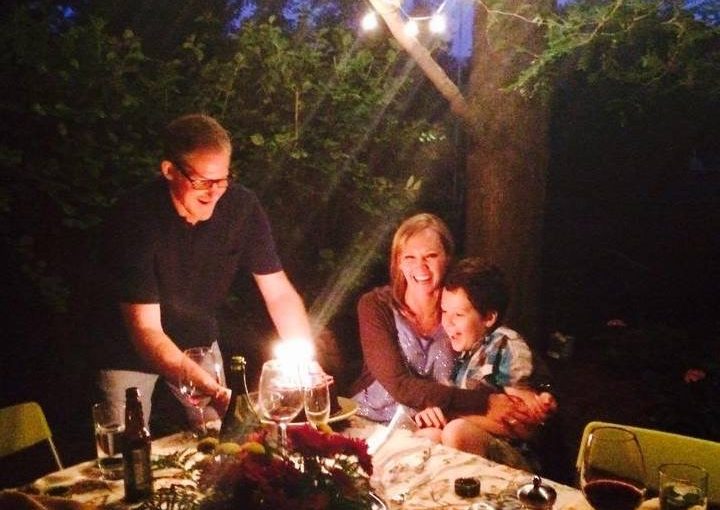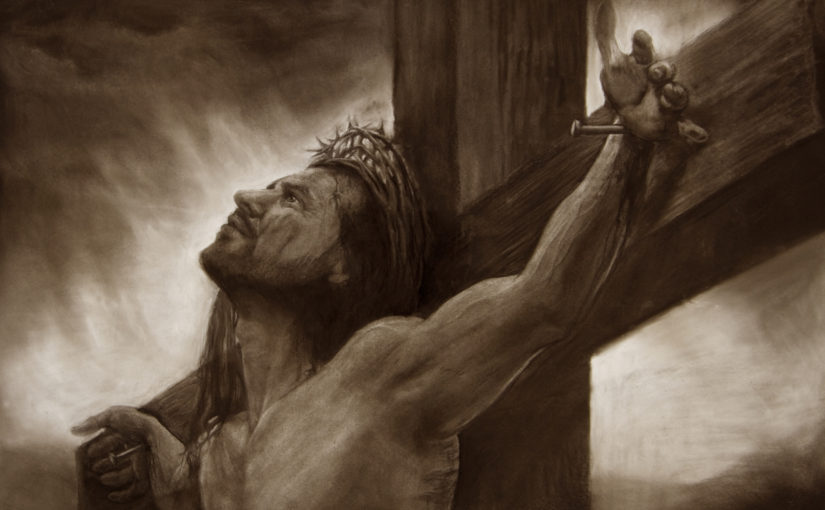Today’s reading is Joshua 10 and Proverbs 10.
I will admit, growing up, like many I thought the Bible was boring. This must have been because I hadn’t read enough of it. In reading through Joshua in preparation for today’s post, I could not put it down. Joshua is filled with stories of redemption like Rahab, battle after battle, deception, and amazing miracle after miracle by God to assist the Israelites. I’m just wondering when Hollywood will do a movie on Joshua! Let’s just hope they stick to the Word and get it right.
One of the things that always struck me about the Old Testament is how many people were killed in battle against the Israelites because they were God’s chosen people and the other nations were not. How could God let all these people be killed? Our pastor, Mike Baker, said something to the effect that all these other nations and peoples could have been saved if they would have just surrendered to God by surrendering to Israel. We see this in Joshua 9, as the Gibeonites surrendered to the Israelites in fear and their lives were spared. However, we see throughout the book of Joshua, more times than we can count on one hand, every other nation who did not surrender to God and Israel were destroyed. Time and time again the leaders of these nations and the people stated they heard of the many miracles God had done for Israel, knew God had chosen Israel and they were fearful, but instead of surrendering to Israel and God, they fought back and were destroyed.
How many times do we try to fight our own battles in our everyday lives, instead of surrendering to God and trusting He will fight for us and has a perfect plan? This is very tough for me. I’m in a career where there is a direct correlation between effort and reward and there is even a science showing what activity leads to what results. However, I have to keep learning and trusting in my professional and personal life that yes, I have to put in effort and use the talents and abilities God has given me, but I have to trust and truly believe that He is in control and will fight for me.
In Joshua 10:14 and Joshua 10:42, we read that the Lord fought for Israel. Moses spoke similar words all the way back in Exodus 14:13-14. “And Moses said to the people, ‘Fear not, stand firm, and see the salvation the Lord, which He will work for you today. For the Egyptians whom you see today, you shall never see again. The Lord will fight for you and you only have to be silent.’” We read in Joshua 5:4 the generations who God brought out of Egypt passed away, yet God was still fighting for Israel to complete his plan and keep his covenant. Here in Joshua 10, we read how God made the sun stand still, and it remained daytime so the Israelites could win. He also rained down stones to kill the enemies of the Israelites. Really?! We’ve already read so far in Joshua alone He stopped the waters of the Jordan from flowing and made the mighty walls of Jericho fall with only a yell, just to name a few. Do you think the Israelites were fearful as they wandered in the desert for 40 years, and as they went into battle? Yes. Do you think with their human minds they could have thought of the miracles God would do to help them? No. Are we any different in our everyday lives? No. But, God fought for them, and He’s fighting for you when you’ve given your life to Him through Jesus, surrender to Him in prayer, and when you ask Him to do miracles in your life where you will use them for His kingdom and give the glory to Him. We are now all God’s chosen people like Israel through Jesus. Romans 8:34 says, “Who is to conderm? Christ Jesus is the one who died- more than that, who was raised, – who is at the right hand of God who is indeed interceding for us.“ He will fight for you, even while you sleep, in ways you couldn’t even imagine. Psalm 46:10 says, “Be still, and know that I am God..”
Reading Proverbs has reminded me we must pray for God’s wisdom, and then we will live righteous lives due to His direction (Proverbs 10:24, 10:30). We must also ask God for wisdom to remember past miracles in our life to remind us He can and He will do it again in ways we can’t imagine. He knows we are prone to forgetting and need reminded. How cool is It in Joshua 4 that He instructed them to bring 12 stones from the Jordan so they could remember God helped them by stoppping the rivers of the Jordan flowing and so they remember to tell their children even. In the Israelites journey, we see they are similar to us and are prone to forgetting God’s miracles, questioning Him and His presence, and falling back into sin. However, we don’t see as much of this in the first ten chapters Joshua. Could their continuing trust in God during this stretch be due to them having stones as a reminder? They didn’t know what exact miracle God would do to help them. They could have never imagined how, but they knew He would.
Reflect. What past miracles has God done in ways you could not have imagined? Remember them. Pray for Him to give you wisdom and do miracles again in your life and you will give Him to glory. Let Go. He will fight for you.
Check out “Do It again” by Elevation Worship. I pray it can impact you, as it has for me, going into 2018 and beyond.
https://www.youtube.com/watch?v=ZOBIPb-6PTc










